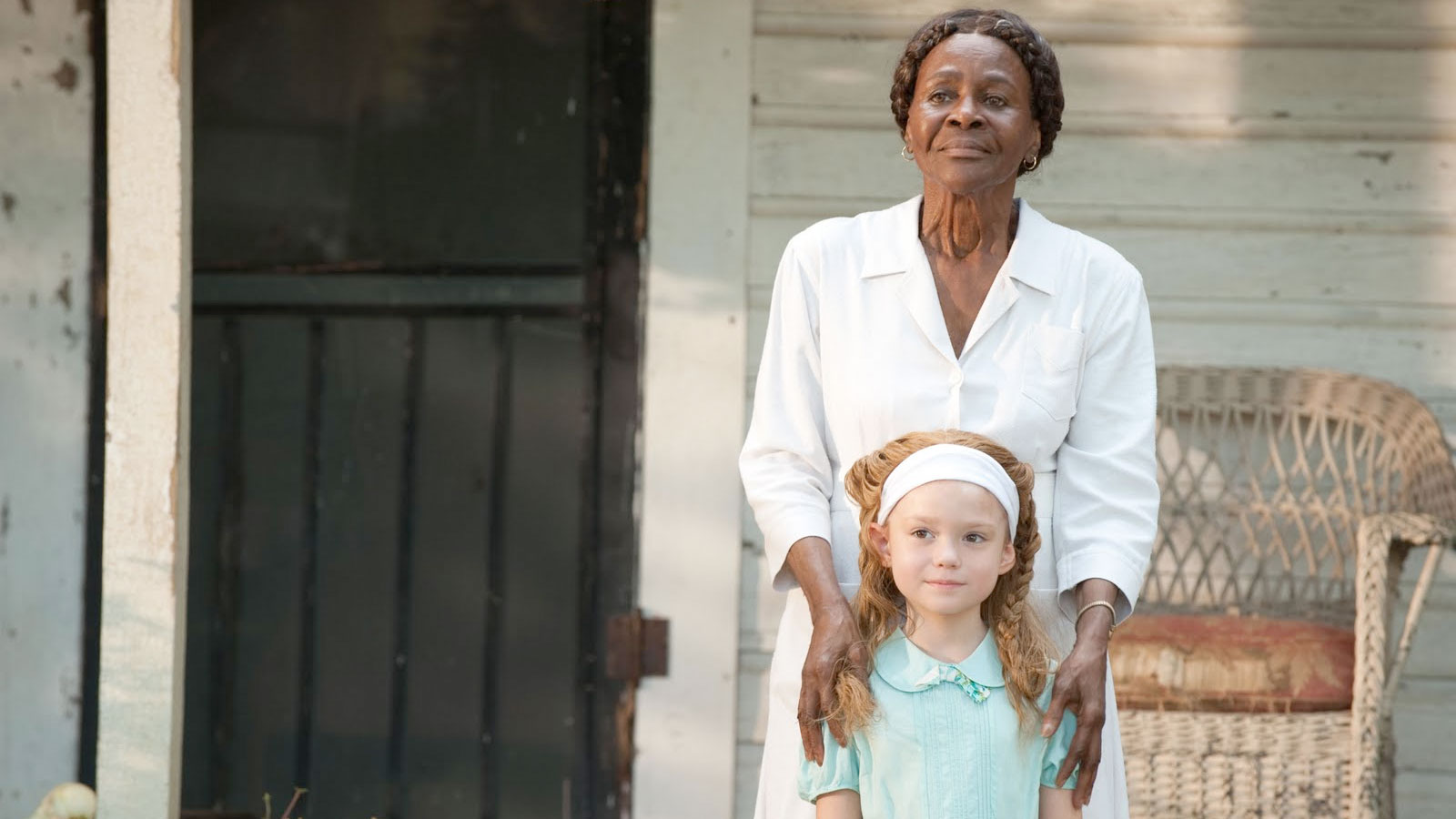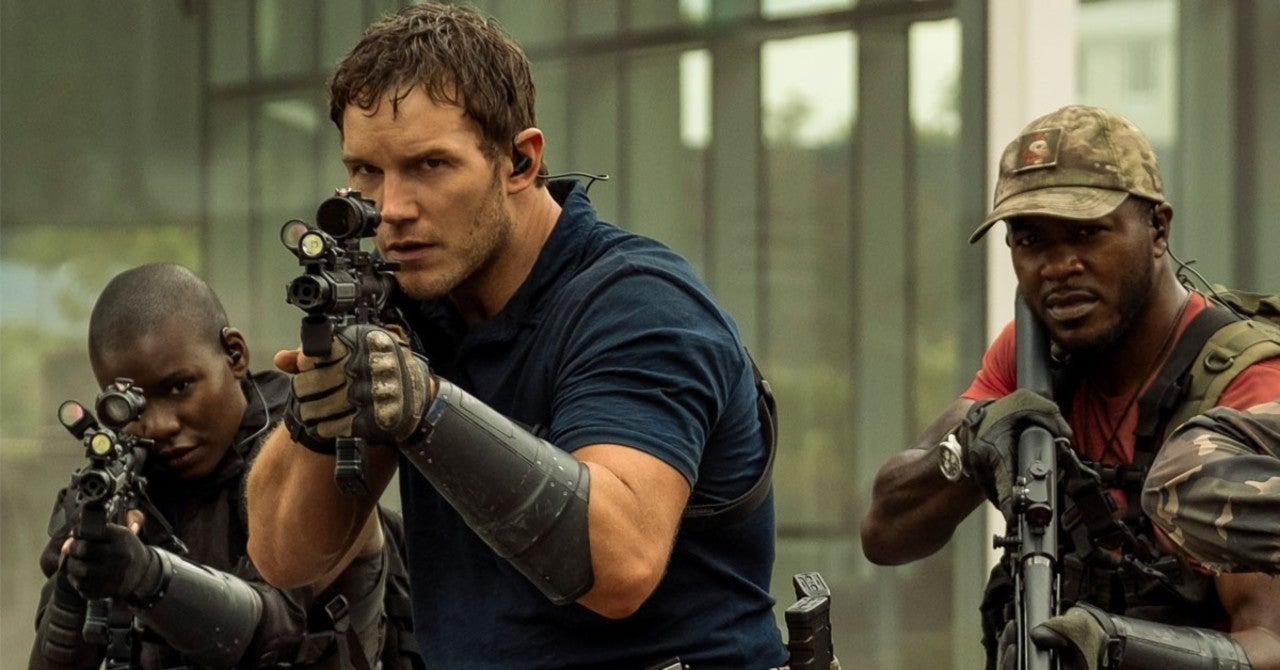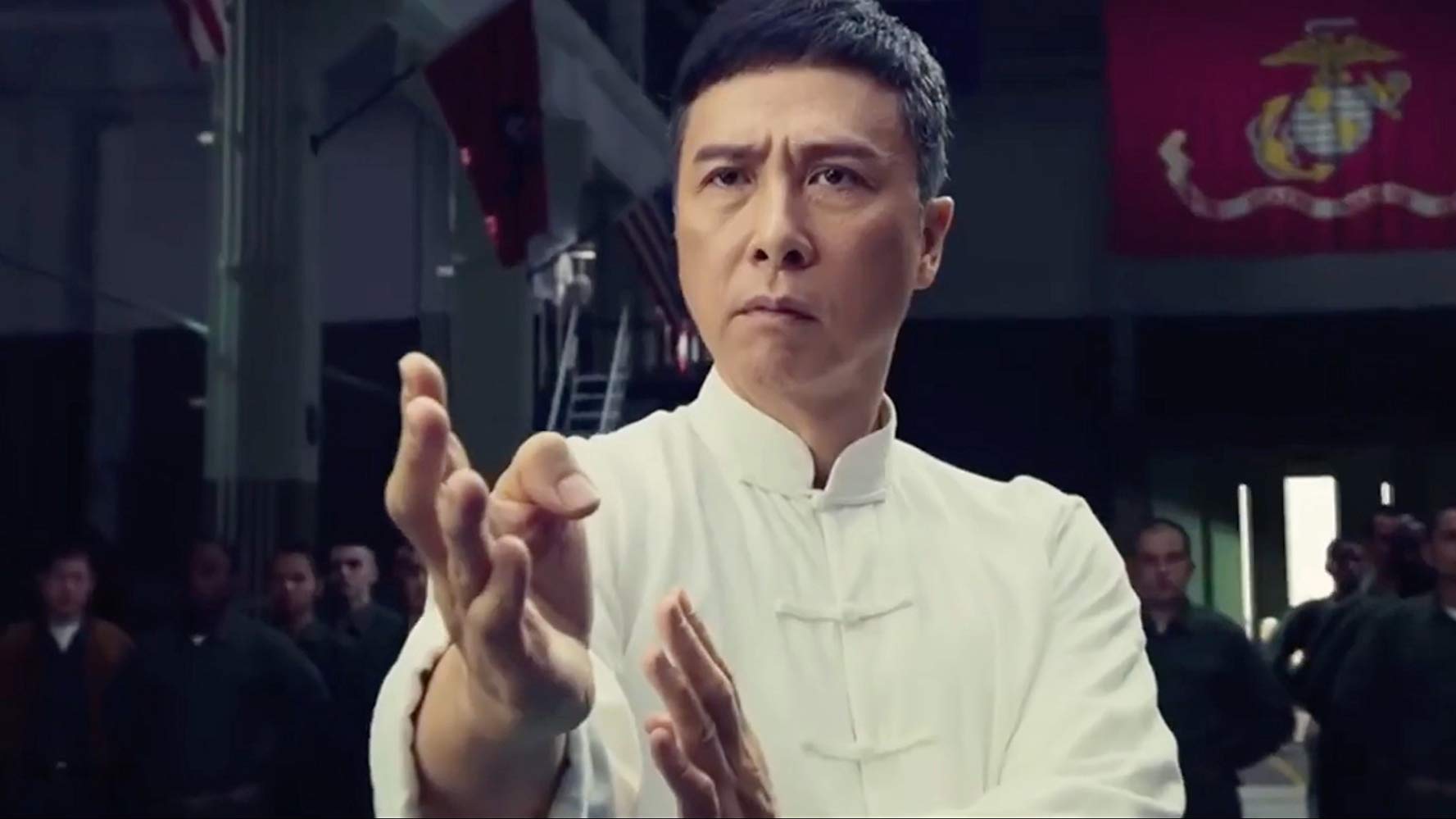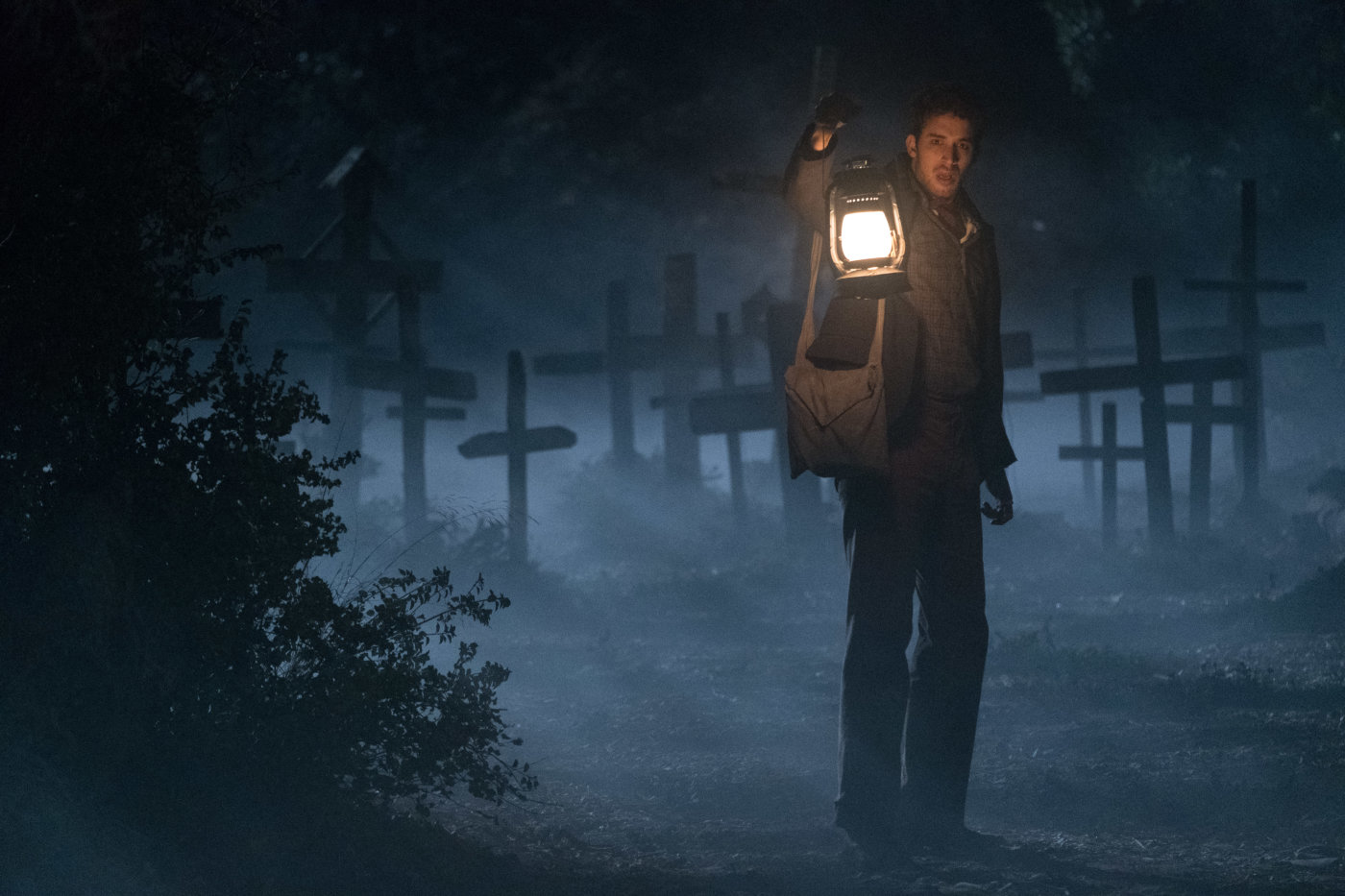The problem with most race-relation films is the lack of shades of gray. This is understandable; usually you only get two hours max to make your point and you like to have Sidney Poitier shout, “They call me Mr. Tibbs!” to underscore a racism so endemic that civility never escapes. The thing is, while racism is a, dare I say, black-and-white issue, people themselves are, metaphorically speaking, rarely exactly one thing or another. Institutionalized racism prevails for the same reason that much political ugliness goes down: the extremists start making the rules and few people oppose, because opposition isn’t worth it. We have a similar problem in our country right now – the far end of the Right Wing (read: Tea Partiers) have started making the rules. I’m quite certain most Republicans are more reasonable than their extremist bedfellows – problem is Republicans have an uncanny way with bottom line reasoning. But so do we all. I’d like to say I would have marched with Martin Luther King had I the chance. At some point, I’d constantly ask myself, however, “is it worth it?” Is standing up for what’s right worth the ostracism? The potential violence? It’s important understand this happens not because most people are evil, but because most people are sheep. The sad part comes when in practice it amounts to the same thing.
The Help is a black-and-white movie that understands the gray. Hilly Holbrook (Bryce Dallas Howard), a new generation matriarch, is our villain. Hilly goes through maids like toilet paper. I deliberately use this unfortunate simile because the help’s use of the white family’s bathroom is a key point of the “separate-but-equal” relationship between black servant and white master. Hilly is a great choice for antagonist because of her relatively young age. If we make one of the older women present, Allison Janney or Sissy Spacek, our bone of contention, then it becomes a generational battle, and that’s not right. Racism blankets all demographics. Here is a critical point in history when young people are beginning to understand the mistakes of their fathers and forefathers. And Hilly, the local Queen Bee, has completely bought into the ugly extremist point-of-view. Will anybody stand up to her? Baaaah. Baaaaah. She’s the key link to keep Jim Crow laws alive and well for another generation.
Oh yeah, the plot. I should probably describe what went on at some point. How about now? Sparkie? Perky? Pepper? No ‘Skeeter’, that’s it, Skeeter (Emma Stone) returns from Ole’ Miss with her diploma and sets out to be a writer. 15 minutes in, she decides to take on an exposé uncovering for the world (i.e. New York City) how the black serving folks in white homes are treated. And I swear most of the rest of the movie is devoted to watching Skeeter trying to convince people to go on record. Believe it or not, it’s never dull. Perhaps it’s because “going on record” isn’t just about exposing a bad politician or coming out; the help know that exposure in print means they are putting their livelihood, their safety and perhaps the well-being of their families in jeopardy. Viola Davis (the steady Aibileen) and Octavia Spencer (the more unpredictable Minny) are all almost certain locks for Oscar nominations – I have no problem with this, nor should you.
For a powerful exposé and feel good “why can’t we all get along” drama, there is a surprising amount of bathroom humor in The Help. Unfortunately, much of it is necessary for the plot. Bring a strong stomach.
Rated PG-13 , 146 Minutes
D: Tate Taylor
W: Tate Taylor
Genre: movie white people attend so they can pretend they have an understanding on the African American experience.
Type of person most likely to enjoy this film: Guilt-ridden PCsters
Type of person least likely to enjoy this film: Racists



